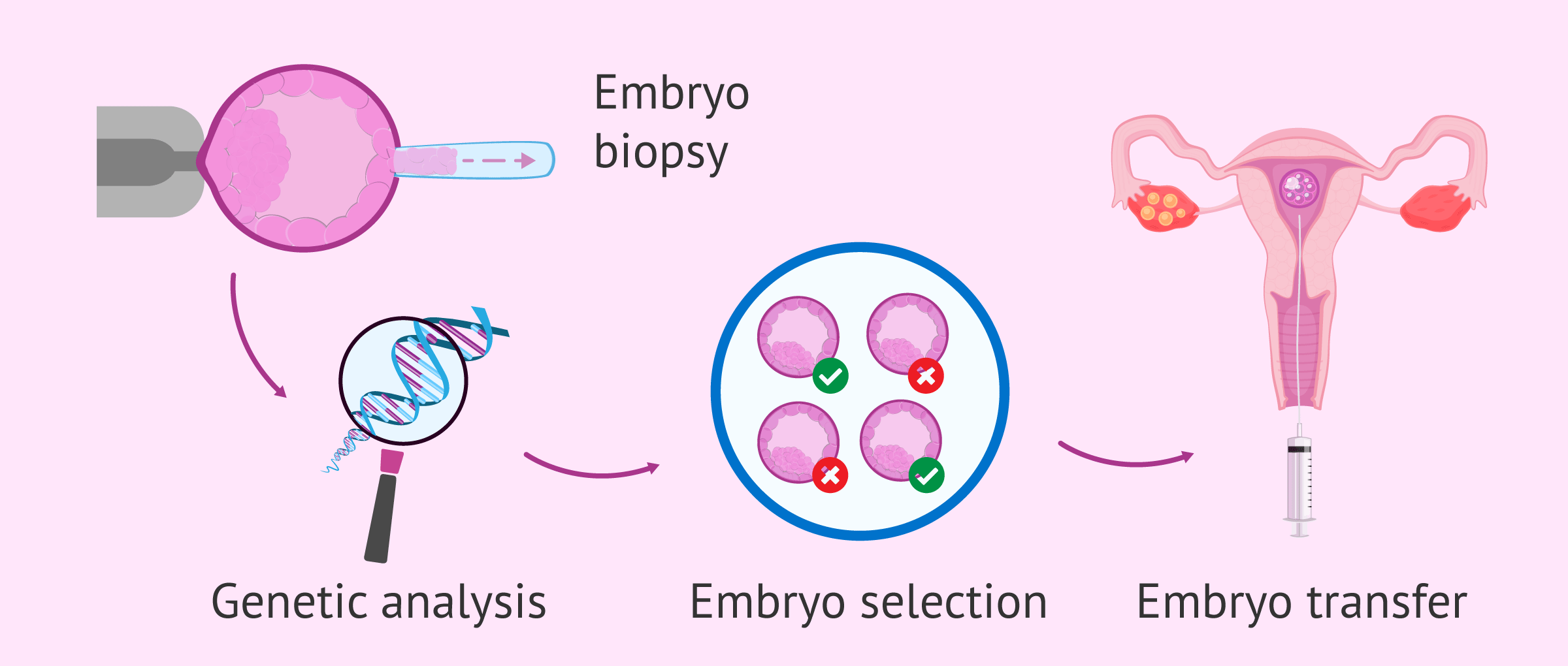Preimplantation genetic diagnosis (PGD) is a complementary technique that allows the selection of embryos that are genetically healthy to be transferred to the uterus, thus increasing the probability of success. In addition, in order to carry out this genetic analysis procedure, it is necessary to perform IVF and to have the embryos in culture in the laboratory.
Embryos that do not have genetic alterations have a greater potential for implantation in the uterus and give rise to an evolutionary pregnancy.
Read the full article on: What are some of the main advantages of in vitro fertilization? ( 55).
By Elena Santiago Romero M.D. (gynecologist), Eric Saucedo de la Llata M.D. (gynecologist), Marta Barranquero Gómez B.Sc., M.Sc. (embryologist), Neus Ferrando Gilabert B.Sc., M.Sc. (embryologist), Zaira Salvador B.Sc., M.Sc. (embryologist), Michelle Lorraine Embleton B.Sc. Ph.D. (biochemist) and Romina Packan (invitra staff).
Last Update: 05/05/2022
